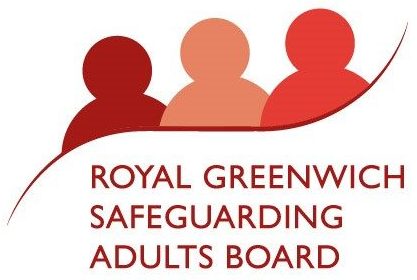Domestic abuse
In England and Wales, one in four women and one in six men experience domestic abuse in their life time. Two women are killed by their partner/ex-partner every week (almost exclusively by men). Around thirty men are killed by both women and other men every year. The Police receive 100 calls relating to domestic abuse every hour.
In the Royal Borough of Greenwich, over 23,000 women have experienced domestic abuse since the age of 16.
Anyone can be affected by domestic abuse regardless of gender, age, ethnicity or sexuality. The most common type of domestic abuse occurs in relationships, although it also can happen between family members. There are different kinds of abuse but it’s always about one person having power and control over another person.
In January 2019 the government published its draft Domestic Violence Bill. It defines domestic abuse as:
“Any incident or pattern of incidents of controlling, coercive or threatening behaviour, violence or abuse between those aged 16 or over who are, or have been intimate partners or family members regardless of gender or sexual orientation. The abuse can encompass, but is not limited to: psychological, physical, sexual, economic and emotional forms of abuse.
Controlling behaviour is a range of acts designed to make a person subordinate and/or dependent by isolating them from sources of support, exploiting their resources and capacities for personal gain, depriving them of the means needed for independence, resistance and escape and regulating their everyday behaviour
Coercive behaviour is an act or pattern of acts of assault, threats, humiliation, and intimidation or other abuse that is used to harm, punish or frighten a person”.
Slapping, hitting or punching
Pushing or shoving
Biting or kicking
Choking or holding the person down
Throwing things
Threatening to hurt or to kill, kill themselves or the children
Destroying things that belong to the person
Standing over the person and invading their space
Reading the other person’s texts or emails
Harassment and/or following the person (this can be called stalking)
Touching the person in a way they do not want to be touched
Making unwanted sexual demands
Hurting the person during sex
Pressuring the person to have sex or unsafe sex
What you can do
If you know someone who may be affected by domestic abuse, or if domestic abuse is happening to you and want help to take control of your own life, the following organisations provide support.
SOLACE provide an advice line and counselling service for people in London who are affected by domestic abuse. Telephone 0808 802 5565
There are also national helplines for people who are affected by domestic abuse as follows:
- National Domestic Violence and abuse helpline – Telephone 0808 2000247
- Men’s advice line – Telephone 0808 801 0327
- National LGBT helpline – Telephone 0300 330 0630
If you need urgent help and/or you are concerned for your own or someone else’s safety, please telephone the Police on 999.
As the Safeguarding Adults Board recognises the need to raise awareness around domestic abuse particularly for those people who may not easily engage, work has been undertaken in partnership with the Metropolitan Police, children’s services, and the Safer Greenwich Partnership to produce the following videos:
